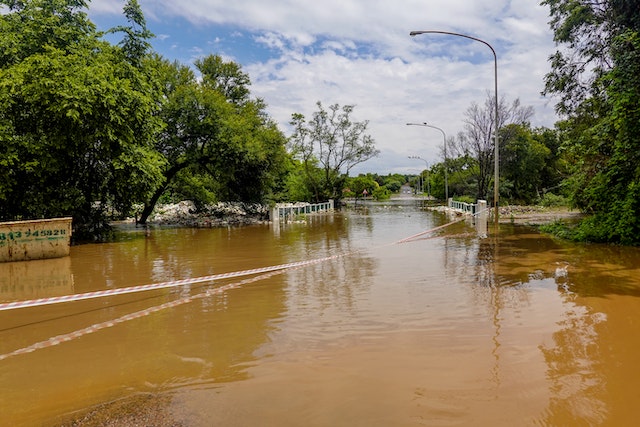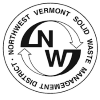Flood Debris Management Reminders and Resources

Our thoughts are with those in areas affected by the significant rainfall and flooding. As impacted Vermonters begin to clean out their debris wastes, we want to remind all of the hazardous and dangerous wastes that need to be kept separate from the trash.
After a flood event, most debris can be disposed of in one container. Flood-damaged recyclables or food waste can be thrown away in the trash.
The cleanup of paint, chemicals, oil, gas, pesticides, and other hazardous materials in flood-damaged basements and properties needs special care. To protect solid waste workers and the environment, it is critical that residents, businesses, contractors, and cleanup crews separate these hazardous items from the trash.
Keep these items separate from trash:
• Dangerous wastes such as toxics, pesticides, explosives, gasoline, oil, pool chemicals, acids, drain cleaner, fireworks, flares, ammo, and unprotected “sharps”
• Oil, brake cleaner, other toxic car products
• Paint, stain, varnish, paint thinner/stripper
• Propane cylinders, other gas cylinders
• Hazardous Waste
• Batteries
• Electronics
• Mercury products such as fluorescent bulbs, thermostats, and thermometers
• Tires
• Scrap metal and large appliances such as refrigerators, freezers, stoves, washers, and dryers
Hazardous waste can be brought to the NWSWD Georgia facility by appointment.
Other Tips:
• Be safe! Use gloves and eye protection. Handle household chemicals with care.
• Secure materials from children and pets.
• If an item is leaking, place the container in a pail.
• Do not mix chemicals or pour them down the drain or on the ground.
If you have questions, contact the VT Department of Environmental Conservation Solid Waste Program at 802-828-1138. The Vermont Agency of Natural Resources has a website dedicated to flood recovery information: https://anr.vermont.gov/flood






